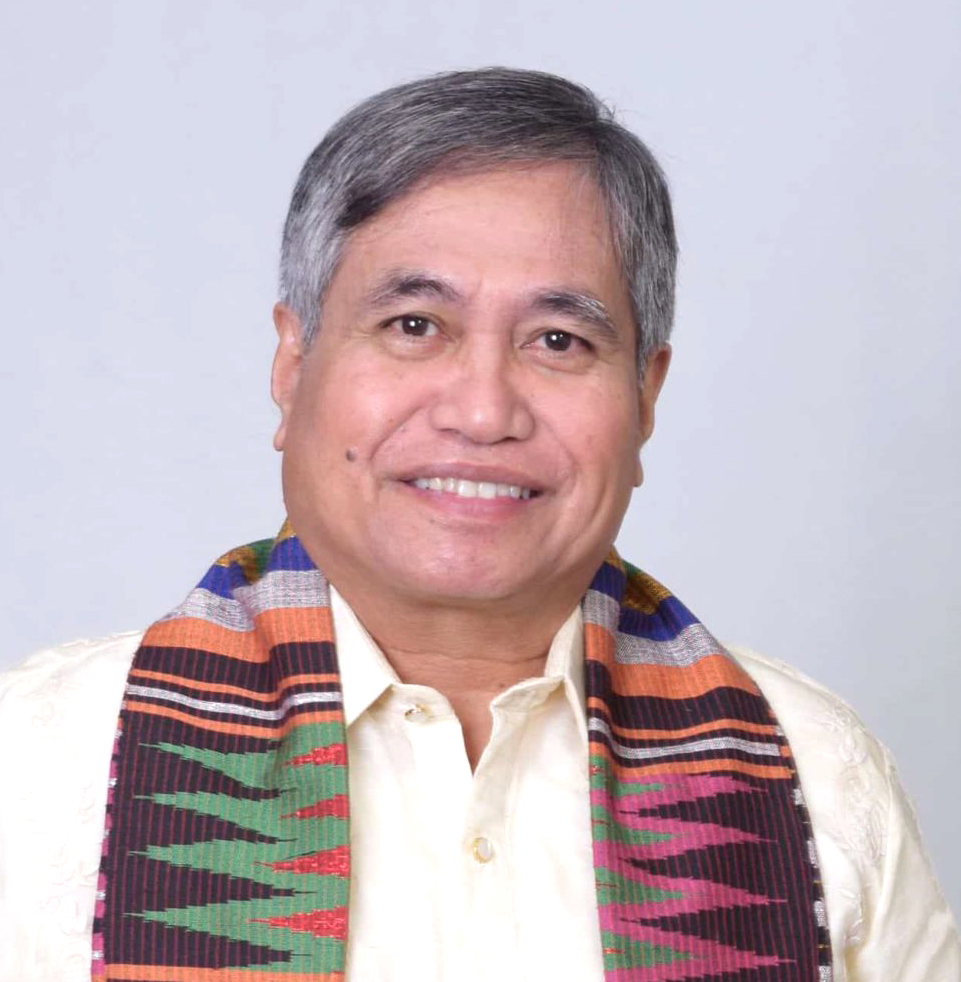FROM THE MARGINS

The past weeks have been challenging for millions of Filipinos, especially the vulnerable clients of microfinance institutions (MFIs). At least five strong typhoons affected more than 500,000 families in areas where we operate, and as was our wont, we conducted relief operations to help affected communities.
I am glad about the influx of support from the government and the private sector, though I think we now need to shift focus from relief to recovery and rehabilitation. This is where microinsurance emerges as a critical safety net, enabling people to recover more quickly from disasters and other unforeseen events.
Let me share these inspiring stories from MFI members. They demonstrate how microinsurance provides not just financial support, but also hope and resilience in the aftermath of disasters.
Commitment amid crisis
Elaiza Razon joined an MFI seven years ago to access capital for her small business. She was encouraged by her mother-in-law, who valued the microinsurance offered on top of the MFI’s financial services. Elaiza was eventually nominated by her co-members to be their Mutual Benefit Association (MBA) Coordinator — a role that she accepted after witnessing how microinsurance has benefited people in their community.
According to Elaiza, the recent typhoons tested her commitment as MBA Coordinator in various ways. Typhoon Kristine severely damaged her home, tearing off a part of the roof and flooding their living spaces. Despite her own difficulties, Elaiza found the strength to help her fellow members. She ventured out to validate microinsurance claims, knowing the dire situation of other families. Many roads were blocked by landslides, but she found ways to reach them.
She interviewed a family that tragically lost a loved one, whose body was recovered five days later. The family received ₱55,000 microinsurance benefit the same day that Elaiza validated their claim. This amount covered their funeral expenses and provided much-needed financial relief.
While conducting validation, Elaiza also witnessed the broader impact of their MFI’s assistance. Members affected by flooding received relief goods, and those with SAGIP insurance received additional financial aid for home repairs. The prompt support bolstered the members’ morale, with many expressing gratitude for the assistance extended to them at a time when they felt that they had lost everything.
Reflecting on her experiences, Elaiza emphasized the importance of disaster preparedness and reminded her co-members to stay away from flood-prone areas, monitor typhoon announcements, and follow evacuation orders. “Preparedness can save lives,” she stressed.
Strength in service
For 49-year-old Rosabeth Malabanan, serving as MBA coordinator is a means to help people. She has been an MFI member for 17 years and has witnessed the importance of microinsurance in times of crisis.
Rosabeth worked tirelessly to validate microinsurance claims in the aftermath of Typhoon Kristine. Even if her own family experienced minor flooding and roof damage, she knew other families were in worse situations. Despite the dangers, she joined the MFI staff in visiting affected areas, even riding a boat to reach remote barangays.
Validating the claims of affected families was heartbreaking for Rosabeth, even as their sad stories gave her strength to do more. She is proud to have contributed to the immediate release of their microinsurance benefits, which helped them cover funeral costs, settle debts, and buy things they urgently needed.
Rosabeth highlighted the importance of rapid response during disasters, especially in remote areas where government aid is often delayed. “Our quick validation and release of insurance claims were a lifeline for members,” she shared.
Resilience in the face of tragedy
“Typhoon Kristine brought unimaginable loss,” lamented Francisca Laurel, 62. Her husband, Leodigario, was swept away by floodwaters while trying to save their livestock. Despite relentless search by her family, local authorities, and rescue teams, he remains missing. The typhoon also destroyed their home, livestock and crops, leaving the family with no source of income.
Francisca received her husband’s microinsurance insurance benefit, which allowed her to repair their kitchen, replace lost household items, and help her children rebuild their homes. Her gratitude for this assistance is profound. “Being insured is a blessing, especially in difficult times,” she said.
Despite her grief, Francisca is determined to rebuild her life. She plans to continue working at their cooperative and raising livestock. “I will keep fighting for my children,” she said, embodying the resilience and hope that define many MFI members.
Post-disaster recovery
MFIs play a vital role in post-disaster recovery. MFIs help their members recover by providing much-needed relief goods and promptly processing insurance claims. By rehabilitating loans, declaring payment moratoriums, and providing emergency loans, MFIs also help members restore their livelihoods and rebuild their lives.
The stories of Elaiza, Rosabeth and Francisca highlight the profound impact of microinsurance on individuals and communities. Beyond financial payouts, microinsurance provides peace of mind, enabling low-income families to face life’s uncertainties with courage.
* * *
“Resilience is based on compassion for ourselves as well as compassion for others.” – Sharon Salzberg
(Dr. Jaime Aristotle B. Alip is a poverty eradication advocate. He is the founder of the Center for Agriculture and Rural Development Mutually-Reinforcing Institutions (CARD MRI), a group of 23 organizations that provide social development services to eight million economically-disadvantaged Filipinos and insure more than 27 million nationwide.)